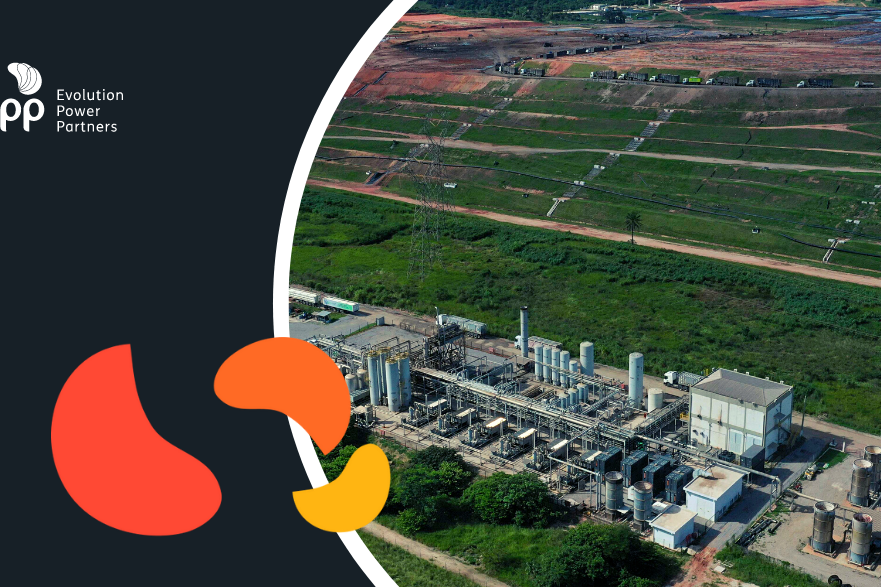Do you know how hydrogen energy is generated? Green hydrogen can become competitive by 2030 and become a viable renewable energy.
The production of energy from hydrogen is considered one of the bets of the energy market for the future. Hydrogen is abundant, efficient, storable and transportable, does not produce gases that aggravate the greenhouse effect and can be produced from renewable sources. There are studies that note that this fuel can simultaneously reduce a country’s dependence on oil and the emission of greenhouse gases.
Although it is not a primary energy source, investments in this area can help with the global decarbonization process. Hydrogen can even reduce net carbon dioxide (CO2) emissions in sectors that consume a lot of energy and are difficult to decarbonize, such as steel, chemicals, navigation and aviation.
How does hydrogen-based energy generation occur?
Hydrogen is present in several hydrocarbons that make up fuels and in simple substances like water (H2O). Thus, it can be produced from the thermal, biological process or from a chemical process called electrolysis. This method uses electric current to separate hydrogen from oxygen and water.
Thus, if the electricity used in the current comes from renewable sources, such as wind or solar energy, the fuel can be called green hydrogen, as its production and use do not emit carbon dioxide into the atmosphere.
If the fuel is generated from another source, such as coal, diesel, natural gas or biogas, there will be carbon emissions and the production cannot be considered clean. According to the Office of Energy Efficiency and Renewable Energy, 95% of the hydrogen produced in the world comes from the thermal process using natural gas.
Even though the best known use for this fuel is in cars, there are other possibilities. Hydrogen fuel cells can be used in fixed power generation units in buildings, houses, shopping malls and even hospitals.
What is the future of this energy?
Hydrogen is a bet for the future, as the compound has a great capacity to store energy. It is a low molecular weight fuel and has the highest amount of energy per unit mass than any other known fuel. This is one of the reasons why hydrogen is used as a rocket propulsion fuel, which requires low-weight, compact fuels with a large energy storage capacity.
Although it is an interesting alternative, its high cost of production still prevents an expressive use in the countries’ energy matrices. One of the goals stipulated by countries through agreements is the decarbonization of the planet by 2050 and hydrogen can be a fundamental element in achieving this goal. However, for the results to be achieved, there is a need for technology development and market evolution for hydrogen to become competitive.
Countries that have abundant renewable matrices, as in the case of Brazil, can be a power in the production and export of hydrogen. As most of the cost is in electricity production, those who already have these sources available will be able to reduce production costs and make the market more competitive. In the country, the Northeast stands out, with wind and solar photovoltaic generation developing, which can be combined with the outbound routes to Europe.
Did you like our hydrogen content? Do you want to check other texts on energy production, project development, investment and the environment? So, visit our blog and check out the news!






